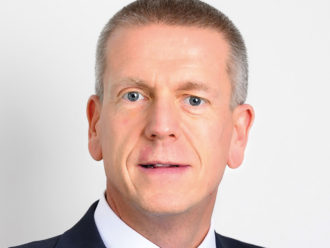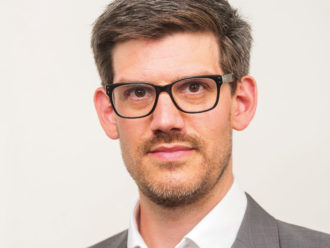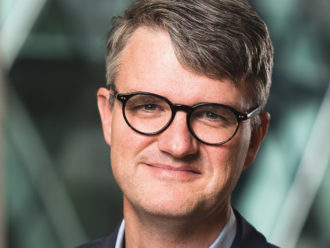So what should investors do and how should consultants advise them?
The most important thing is to invest only in what you fully understand – no matter what that is. Do not listen to me, do not listen to the television or the internet. Listen only to yourself. This is especially true for the times ahead. It will be very difficult for many to survive the coming collapse, much like it was in 2008 and 2009 for many people. If you do not know what you’re doing, you will certainly lose money.
In terms of what I’m doing to survive, I’ve sold short stocks and junk bonds in the US. I own the US currency. I hold Chinese shares and some European equities I’ve owned for decades. I own some agriculture. I own some gold and silver and if a further correction comes, I will buy more there. Do not think gold is a safe haven, however. I own it – I own a lot of it – but there have been many times throughout history and indeed our own lifetimes when gold has been a very bad investment.
All over the world people are looking for stable investments with little risk. Where should investors look?
I’m looking also. What brings us through bad times and is also stable? Rising markets are wonderful, we all want that. Most investors do not sell short and they don’t invest outside their own country. I am suggesting that they should learn about these things because we’re going to be entering more
complicated and volatile times.
Meanwhile, more and more people take their money from the bank and keep it at home because of negative interest rates; but you cannot permanently keep your money at home. The answer to your question, what should investors do, is therefore: we are all looking for the same, and it is increasingly difficult to find it.
I own Chinese shares, that doesn’t mean I make money. I own Russian government bonds; the yields are very high, the ruble is depressed. If I get it right I’ll make money on the ruble and on the high interest rates. You can get 9-11% interest on government bonds and I own them because I’m bullish on Russia.
Do you own southern European government bonds?
No I don’t, because I’m concerned about the euro. I’m less concerned about the ruble.
In the wake of negative interest rates, discussion is growing again about abolishing cash.
Yes, some governments are already talking about a cashless society; that would allow them more control over all of us. I am certainly not an advocate of abolishing cash, but governments want to control us as much as they can. Without cash they can do that.
You are quoted as saying that the euro was a good idea, but poorly-executed. What do you believe the European Union and eurozone should do to make the euro a more trustworthy currency?
The world needs something like the euro; it needs something which can compete with the US dollar, which is a terribly flawed currency. America is the largest debtor nation in the history of the world and the debt is getting higher and higher. What Europe should do is go back to the original six countries – or maybe five and kick the Italians out – and maybe the French too. Bring in the Austrians and keep to seven or eight countries which are determined to have sound currencies. Bring them in and start over.
The first mistake they made was learning to lie about their books – even the Germans lied – and the second mistake was to try and bring everyone in. In the past there was no discipline and no control. No monetary union in history has succeeded, and it looks like this one will no longer exist as we know it. Now I certainly hope some kind of euro exists, but not as we know it today.



